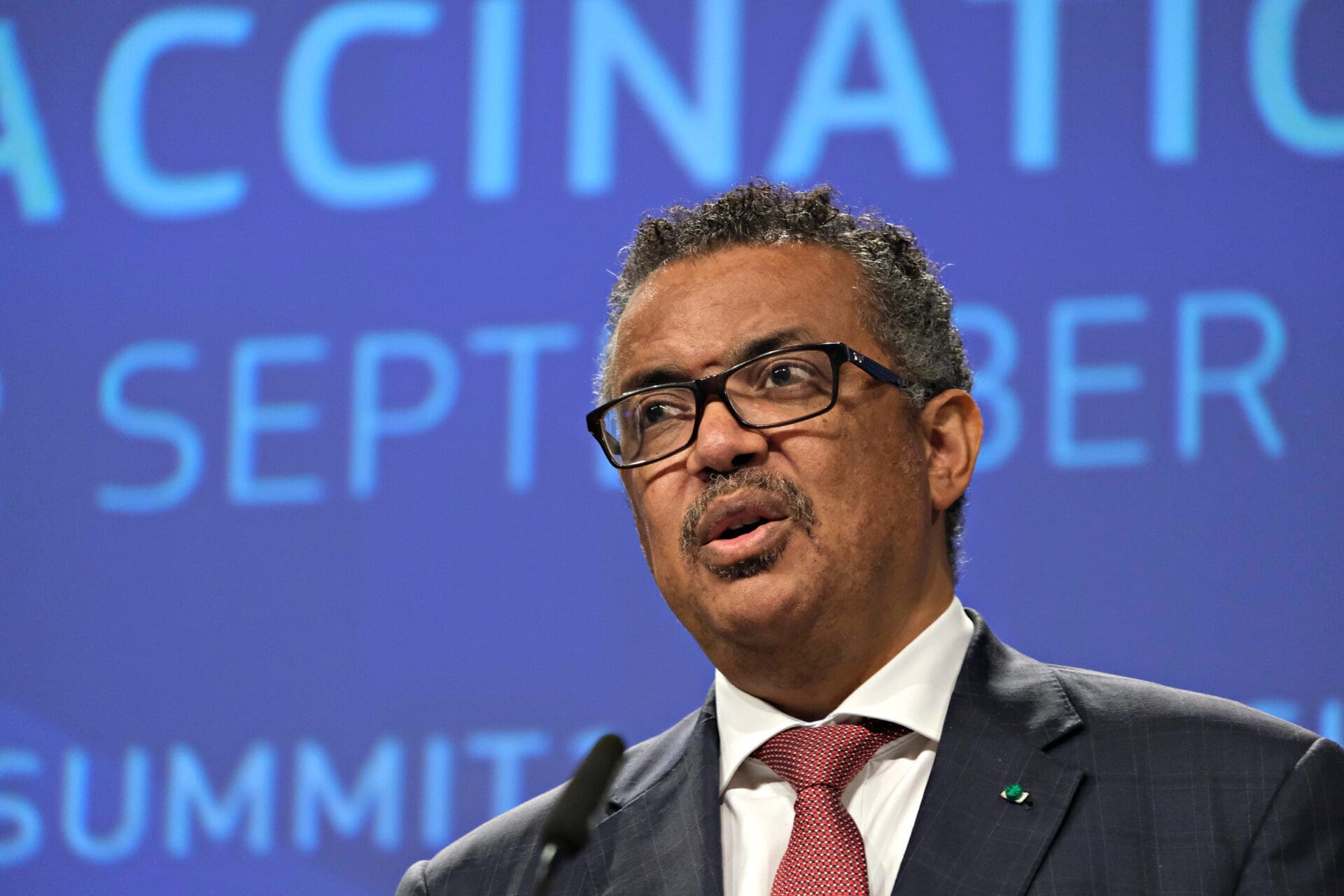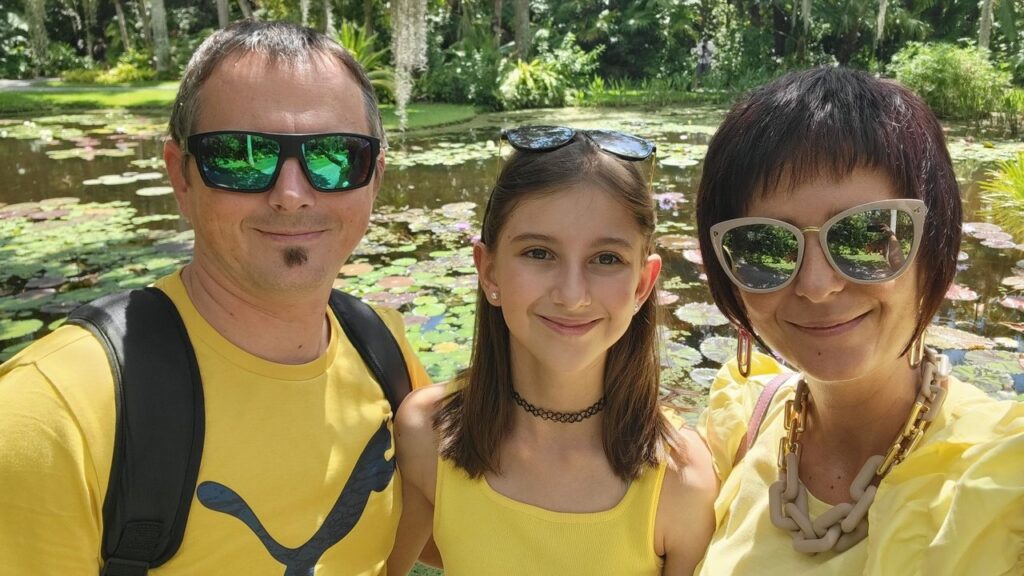Tedros Adhanom Ghebreyesus, director-general of the World Health Organization, stated at a news conference in Geneva on Wednesday that the world has never been in a better position to end the coronavirus pandemic.
Low Numbers
According to him, last week had the lowest number of Covid-19-related deaths reported on a weekly basis since March 2020. ‘We are now in a stronger position than ever to stop the pandemic. Although the conclusion is not in sight just yet, it is close.’
‘When the finish line is in sight, a marathon runner does not stop; she races harder with all the energy she has left. And we must. The worst time to quit running is right now even if we can see the finish line and are in a winning position. Now is the time to run harder and make sure we cross the line and reap the rewards of all our hard work. There is still the risk of more variants, death, disruption, and uncertainty, so let’s seize this opportunity,’ Tedros stated.
On Wednesday, the WHO published six policy briefs outlining the main steps that countries should take to end the epidemic. The briefings provide advice on how to save lives, safeguard health systems, and prevent social and economic damage based on the evidence and experience of the previous 32 months. According to Tedros, they are ‘an urgent appeal for countries to examine their policies carefully and improve them for Covid-19 and future diseases with the potential to cause pandemics.’
The Global Situation
The number of cases has been steadily declining globally, despite the fact that official reports of case counts have dramatically decreased. The most recent WHO bulletin indicates that weekly case counts are decreasing across all areas, with a 28 per cent overall decrease from the week before. According to the WHO’s weekly epidemiological bulletin, there were just over 11,000 recorded fatalities between 5 September and 11 September, a 22 per cent drop from the week prior.
Five of the WHO regions experienced decreases: recorded Covid fatalities in the European region fell by 31 per cent, in South-East Asia by 25 per cent, in the Americas region by 22 per cent, in the Western Pacific by 11 per cent, and in the Eastern Mediterranean by 10 per cent. In the African Region, there was a 10% increase in fatalities. The largest weekly death toll was recorded in the United States, followed by Japan, Russia, Brazil, and the Philippines. As of 11 September, there have been over 6.4 million recorded deaths worldwide.
Around two-thirds of the world’s population has received at least the initial series of vaccinations. However, there are still big differences in Covid-19 vaccination rates in low-income nations, and those rates aren’t moving much right now. According to predictions made by the US Center for Disease Control and Prevention, hospital admissions and fatalities will remain stable during the coming month.
The Hungarian Approach
When the pandemic broke out in March 2020, Hungarian health authorities quickly took steps in the right direction. The country was put on lockdown very early on, ensuring that the spread of the virus does not get out of hand. Over the past two and a half years, a number of government measures put in place have successfully protected the majority of the population from the potentially deadly sickness. The elderly and those with serious conditions were the first to be vaccinated, followed by health care workers and others working in critically important jobs. Immunity certificates were issued to those who had either been vaccinated or who had been infected by the virus and recovered, and certain facilities, including gyms and clubs were only accessible for those who had a card. While initially people had to register in advance for vaccination, later so-called ‘vaccination campaign days’ or, in some cases, weeks, were introduced at designated hospitals, where anyone could receive their jabs without prior registration. (These campaigns have in fact not been discontinued, mainly for the sake of those who need booster shots.)
According to official data, almost 65 per cent of the population, some 6,4 million people are already vaccinated in Hungary. Currently, 34,000 are infected with the virus and almost two million people have already recovered. The death toll is relatively low compared to the size of the country: about 46,000 people died during the pandemic. It is also important to note that the majority of those who died were patients over the age of 60 who were also suffering from other chronic diseases.
The Hungarian government managed to strike the right balance between restrictions and individual freedoms during the pandemic, following a common sense approach. Hungary was also among the first in the world to lift almost all coronavirus-related restrictions, allowing schools and the hospitality industry to reopen as early as in May 2021.








